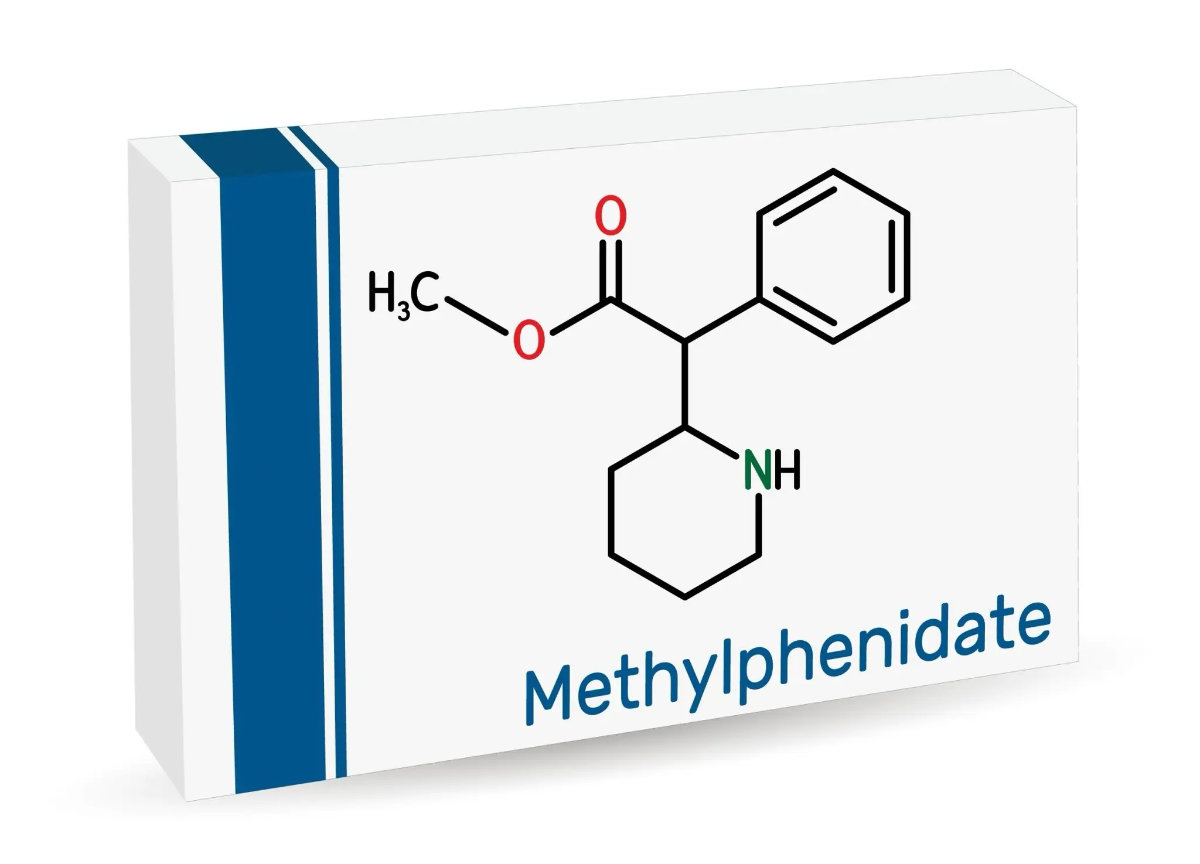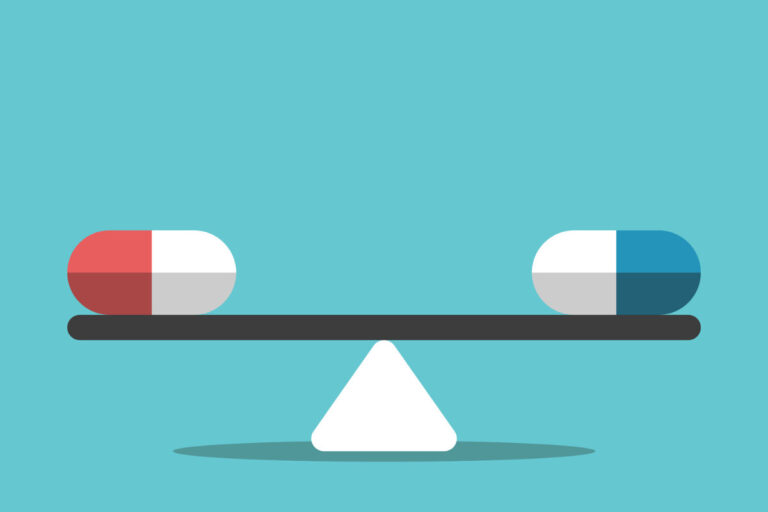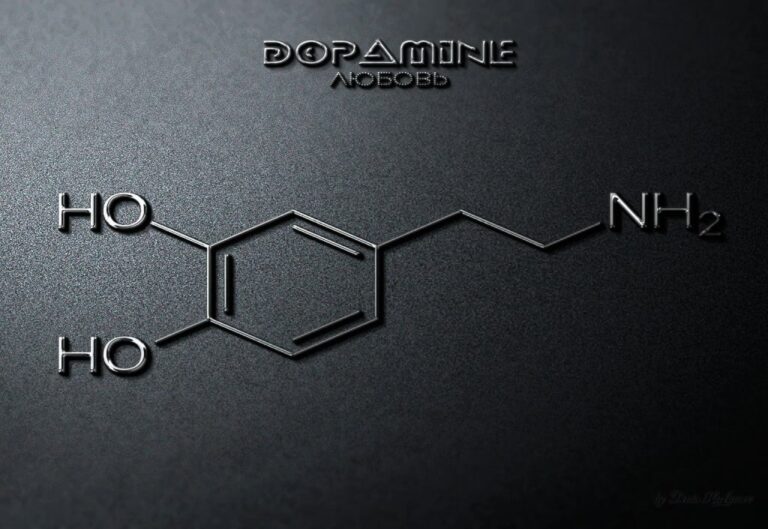Should You Take Modafinil or Methylphenidate for ADHD and Sleep Disorders?
Both modafinil and methylphenidate are medications that improve alertness and concentration, but they work in different ways and are approved for different conditions. Understanding how they compare can help patients and caregivers make informed choices in consultation with a healthcare provider.
What Is Modafinil?
Modafinil (brand name Provigil) is a wakefulness-promoting medication. It is FDA-approved for narcolepsy, shift work sleep disorder, and obstructive sleep apnea (U.S. Food and Drug Administration [FDA], 2015). Off-label, it has been studied for attention-deficit/hyperactivity disorder (ADHD), depression-related fatigue, and cognitive enhancement, though these are not official indications (Greenblatt & Adams, 2023).
- Mechanism: Modafinil weakly blocks dopamine transporters, raising dopamine in certain brain regions. It also affects orexin, histamine, and glutamate pathways, which help regulate arousal (Greenblatt & Adams, 2023).
- Controlled status: Schedule IV in the United States, meaning lower abuse potential than stimulants like amphetamines.
- Pharmacokinetics: Peak levels in 2–4 hours, half-life about 15 hours (Greenblatt & Adams, 2023).
What Is Methylphenidate?
Methylphenidate (commonly sold as Ritalin or Concerta) is a central nervous system stimulant. It is FDA-approved to treat ADHD and narcolepsy.
- Mechanism: Blocks dopamine and norepinephrine reuptake transporters, leading to fast increases in neurotransmitters linked to attention and activity (Rowley et al., 2014).
- Controlled status: Schedule II in the United States, reflecting higher abuse potential.
- Formulations: Immediate-release and extended-release, with varying onset and duration.
How Do They Compare in ADHD Treatment?
A randomized clinical trial of 50 children with ADHD found that both modafinil and long-acting methylphenidate improved attention and reduced impulsivity, with no significant difference in effectiveness after 14 days (Zahed et al., 2022).
However, most clinical guidelines, including the National Institute for Health and Care Excellence (NICE), recommend methylphenidate as first-line ADHD treatment, while modafinil remains an off-label option and is rarely prescribed for this use (Zahed et al., 2022).
- Methylphenidate: Produces strong, rapid dopamine increases, translating into well-documented behavioral effects.
- Modafinil: Enhances dopamine in a subtler, more localized way, which may reduce side effects like jitteriness or euphoria (Rowley et al., 2014).
How Do They Perform in Sleep Disorders?
Narcolepsy and Excessive Daytime Sleepiness (EDS)
Both drugs can reduce daytime sleepiness. In a clinical trial with patients who had Parkinson’s disease and EDS, modafinil (200 mg daily) and methylphenidate (10 mg daily) both significantly improved symptoms, with no difference in side effects or overall effectiveness (Chitsaz et al., 2024).
Shift Work Sleep Disorder and Obstructive Sleep Apnea
- Modafinil: FDA-approved for both conditions, supported by multiple trials (FDA, 2015).
- Methylphenidate: Not approved or commonly used in these cases.
Cognitive Enhancement and Off-Label Use
Healthy individuals sometimes use stimulants for focus and productivity. A systematic review found:
- Modafinil: Improved attention and executive function, especially under sleep deprivation.
- Methylphenidate: Provided modest improvements in memory but limited benefits elsewhere.
- Both drugs: Benefits are often overstated, and some users experienced overconfidence in their abilities (Repantis et al., 2010).
Safety and Side Effects
| Side Effect | Modafinil | Methylphenidate |
|---|---|---|
| Common | Headache, nausea, insomnia | Insomnia, appetite loss, anxiety |
| Abuse potential | Low (Schedule IV) | High (Schedule II) |
| Cardiovascular risk | Lower | Higher, especially in adults with risk factors |
| Psychiatric side effects | Possible anxiety or agitation | Mood swings, irritability, anxiety |
| Rare but serious | Severe rash (Stevens–Johnson syndrome, DRESS) (FDA, 2015) | Sudden cardiac events in predisposed individuals |
Which Should You Choose?
- Choose modafinil if you are treating excessive daytime sleepiness from narcolepsy, shift work, or sleep apnea, and want a longer-lasting, smoother effect with lower risk of dependency.
- Choose methylphenidate if you have moderate to severe ADHD, need stronger dopamine-based effects, and are under medical supervision for potential side effects.
Always make this decision with a healthcare provider, since both medications carry important risks and may interact with other health conditions.
FAQs
Can modafinil be used for ADHD?
Yes, modafinil has been studied for ADHD and showed improvements in attention, but it is not FDA-approved for this use. Methylphenidate remains the recommended first-line treatment.
Which drug lasts longer?
Modafinil typically lasts 12–15 hours with once-daily dosing. Methylphenidate duration depends on the formulation: 3–4 hours for immediate release, 8–12 hours for extended release.
Is modafinil safer than methylphenidate?
Modafinil has lower abuse potential and fewer cardiovascular risks, but rare serious skin reactions can occur. Methylphenidate carries higher abuse potential and more frequent psychiatric side effects.
Can I take modafinil or methylphenidate without a prescription?
No. Both are controlled substances and should only be taken under medical supervision to avoid serious health risks.
References
- Chitsaz, A., Najafi, M. R., Habibi, F., & Amirhajloo, S. (2024). Comparison of the effectiveness of modafinil and methylphenidate in treatment of excessive daytime sleepiness in patients with Parkinson’s disease. Current Journal of Neurology, 23(1), 39–43. https://doi.org/10.18502/cjn.v23i1.16431
- Greenblatt, K., & Adams, N. (2023, February 6). Modafinil. In StatPearls [Internet]. StatPearls Publishing. https://www.ncbi.nlm.nih.gov/books/NBK531476/
- Repantis, D., Schlattmann, P., Laisney, O., & Heuser, I. (2010). Modafinil and methylphenidate for neuroenhancement in healthy individuals: A systematic review. Pharmacological Research, 62(3), 187–206. https://doi.org/10.1016/j.phrs.2010.04.002
- Rowley, H. L., Kulkarni, R. S., Gosden, J., Brammer, R. J., Hackett, D., & Heal, D. J. (2014). Differences in the neurochemical and behavioural profiles of lisdexamfetamine, methylphenidate and modafinil revealed by simultaneous dual-probe microdialysis and locomotor activity measurements in freely-moving rats. Journal of Psychopharmacology, 28(3), 254–269. https://doi.org/10.1177/0269881113513850
- U.S. Food and Drug Administration. (2015). PROVIGIL® (modafinil) tablets, for oral use, C-IV [Prescribing information]. U.S. Department of Health and Human Services. https://www.accessdata.fda.gov/drugsatfda_docs/label/2015/020717s037s038lbl.pdf
- Zahed, G., Roozbakhsh, M., Davari Ashtiani, R., & Razjouyan, K. (2022). The effect of long-acting methylphenidate and modafinil on attention and impulsivity of children with ADHD using a continuous performance test: A comparative study. Iranian Journal of Child Neurology, 16(3), 67–77. https://doi.org/10.22037/ijcn.v16i2.32541








